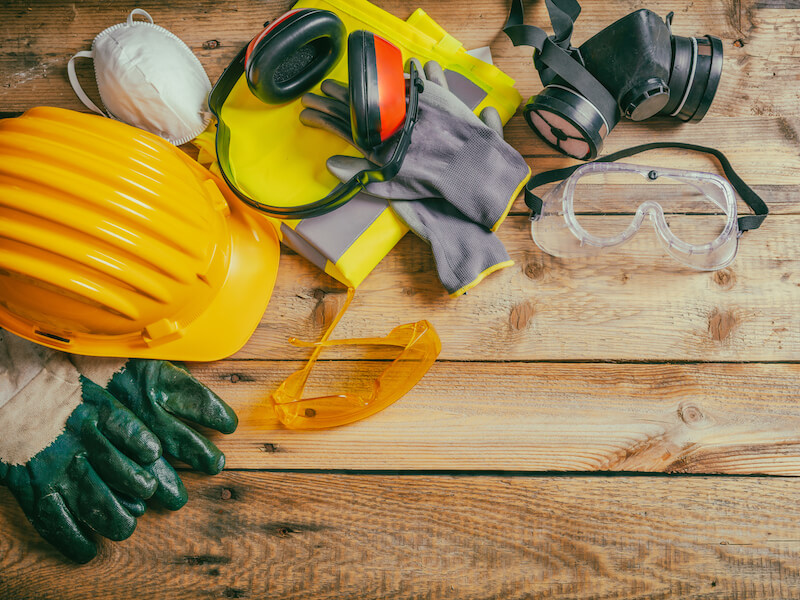
Approximately two million workplace injuries are documented each year. Typically, we think of a hand caught in a piece of machinery or a flying projectile when we consider work-related injuries.
But there is a much more insidious on-the-job injury that is even more prevalent and frequently unnoticed. It sneaks up on people really gradually over several years. The injury goes undetected until the effects become impossible to ignore. Excuses are a normal reaction. “It will go away” or “I’m just getting older. This response is common.
Many individuals don’t even realize it was brought on by their workplace environment.
The insidious injury is damaged hearing. There are a number of warning signs you should identify, and there are important steps you need to take if you think the damage is already done.
Exactly When Does The Volume Become “Too Loud”?
Your hearing can be irreversibly damaged with sustained exposure to as little as 85 decibels (dB) over a long period. For reference, a vacuum cleaner runs at around 75 decibels dB. A lawnmower produces 85 dB. If you’re exposed to a chainsaw or leaf blower you’re experiencing 100 dB. And the volume of a gunshot comes in at 140 dB.
How loud is your workplace? Is the most common workplace injury an issue for you? If you’re regularly exposed to noise as loud as a lawnmower, even if it’s not constant, your hearing is likely to become damaged over time.
Hearing Damage Signs
If you work in a noisy environment, there’s no question you’re harming your hearing.
Your experiencing hearing loss if you notice any of the following symptoms:
- consonants get confused – “Todd” sounds like “Dodd,” for instance.
- Loud sounds cause pain in your ears.
- Conversations sound muffled.
- You can’t understand the person speaking if there’s background sound.
- You hear ringing, whistling, or hissing when it should be quiet.
- People are always complaining about the loud volume of your media devices.
- You frequently ask people to repeat themselves when they talk.
- You suspect people speaking to you are constantly mumbling.
- You tend to disengage when others are talking.
What Are Employers Doing to Lessen Hearing Damage?
In environments that are extremely loud, technology is being used by businesses or organizations to reduce workplace noise. Government agencies are working to update guidelines that will reduce workplace noise and protect employees.
As more employees become aware of the chronic damage they have endured as a consequence of workplace noise, they are speaking out. Further change will come as their voices are heard.
Preventing Further Damage
If you work in a noisy setting, the best thing you can do is protect your ears before any damage occurs. Using protective earmuffs or earplugs while at work will help decrease potential damage.
Make an appointment for a hearing test right away if you believe a noisy workplace has caused injury to your hearing. You will learn how to prevent additional damage when you find out how much hearing damage you have. We can help you formulate strategies to prevent additional hearing loss and address the damage you’ve already experienced.
